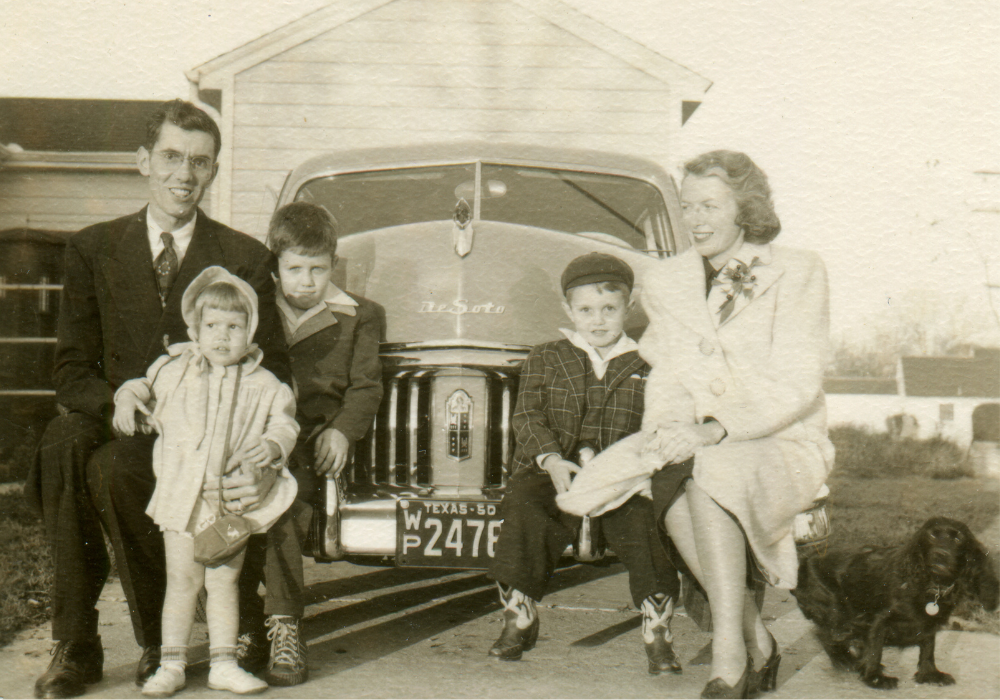Stop toxic negativity in its tracks before it sinks your spirit and steals your joy.

If you’ve ever felt your mood plummet the moment someone walks into the room, you’re not imagining things. Some people seem to carry a permanent raincloud above their heads—and they’re experts at sharing the storm. Whether it’s constant complaining, relentless doom forecasting, or subtle jabs disguised as concern, being around chronic negativity can wear you down faster than you realize.
But you don’t have to just take it. You can choose how much of their energy you absorb. With a few simple mindset shifts and tactical responses, you can keep your own light from being dimmed.













